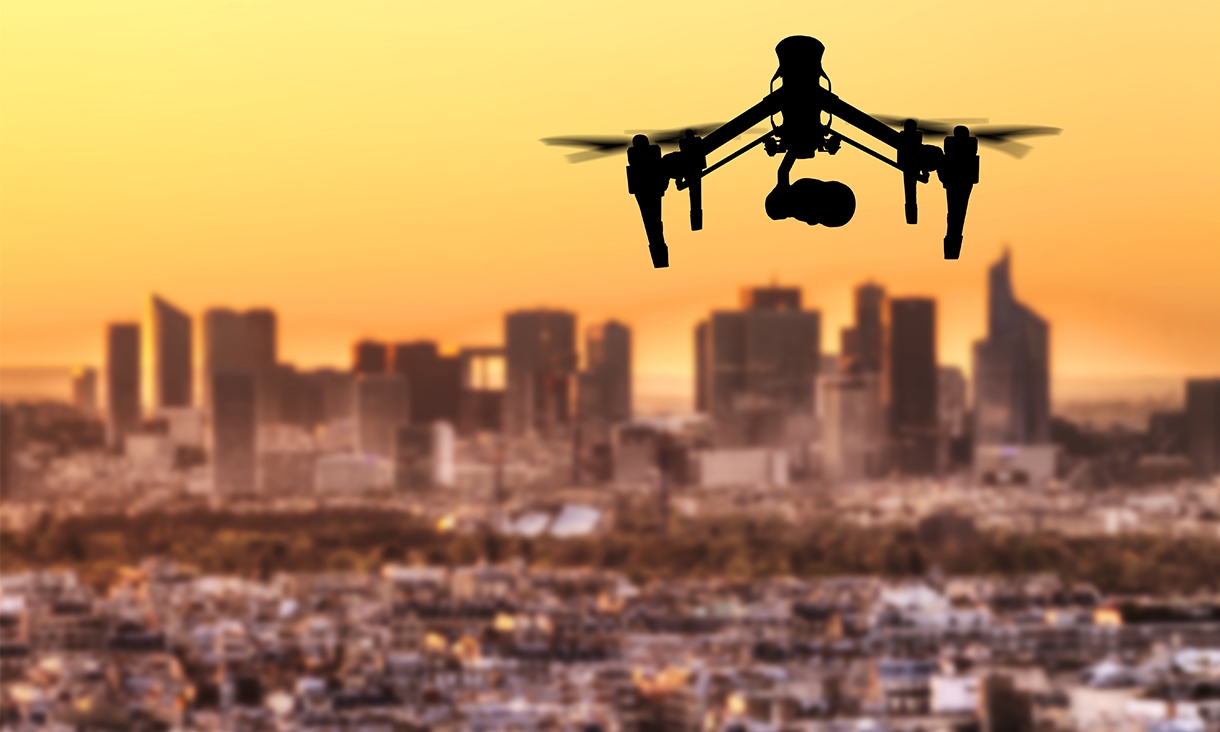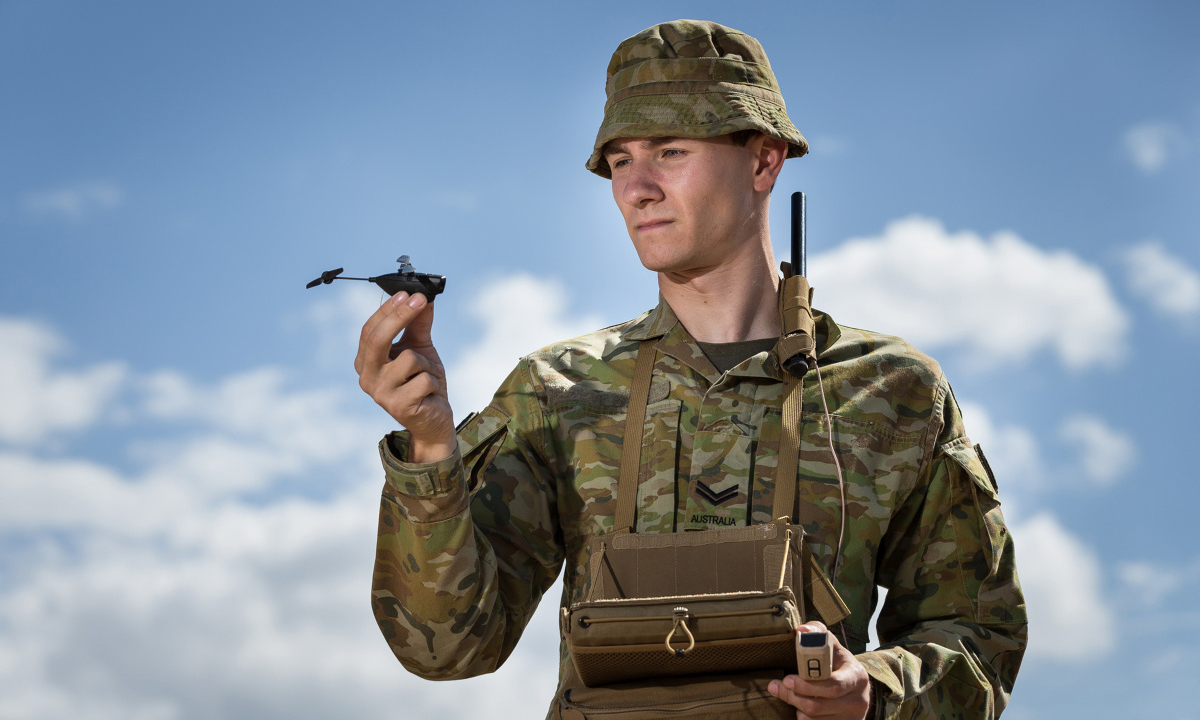The newly launched Cortana Intelligence Institute is a co-funded initiative between Microsoft Research, Cortana Research and RMIT, which will drive the next-generation capabilities for Microsoft’s digital assistant Cortana.
This includes using context to better understand the tasks that people perform and help complete them.
Co-chief investigator, RMIT’s Professor Mark Sanderson, said the 18-month project will help deliver a new class of intelligent assistant that continuously monitors a user’s cyber, physical and social activities.
“Using device-based sensors we will build a complex multidimensional data set,” said Sanderson who also leads RMIT’s Information and Systems (Engineering) platform.
“This will then be used to model and predict the personal tasks that someone is undertaking.”
This includes the physical activity and location of a user, their online and app behaviour, and their interactions with their social groups or peers. Users will opt in to have this data gathered from their mobile phone.
The Microsoft and RMIT teams will use the gathered information to create algorithms that improve Cortana.
Flora Salim, a senior lecturer at RMIT and co-chief investigator, said: “This could help make Cortana a more proactive and context-aware digital assistant that truly amplifies human capabilities”.
Meanwhile, the Cortana Research Group, led by Ryen White, will focus on “task intelligence”.
This will help move digital assistant interactions beyond basic queries for weather and traffic reports, and one-turn actions such as setting meeting reminders, to supporting more complex tasks.
Conceivably in the future, Cortana may help with chores like cooking and calendar management, which involve multiple steps, contextual awareness and a rich dialogue with users.






